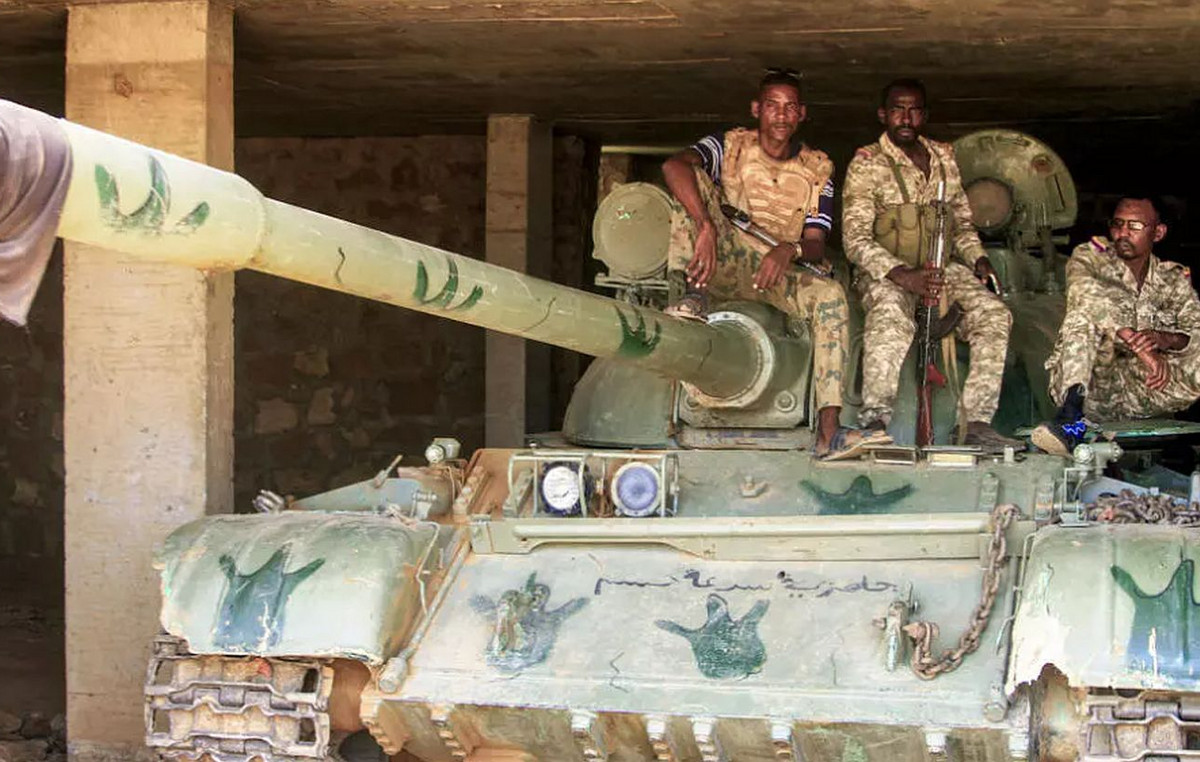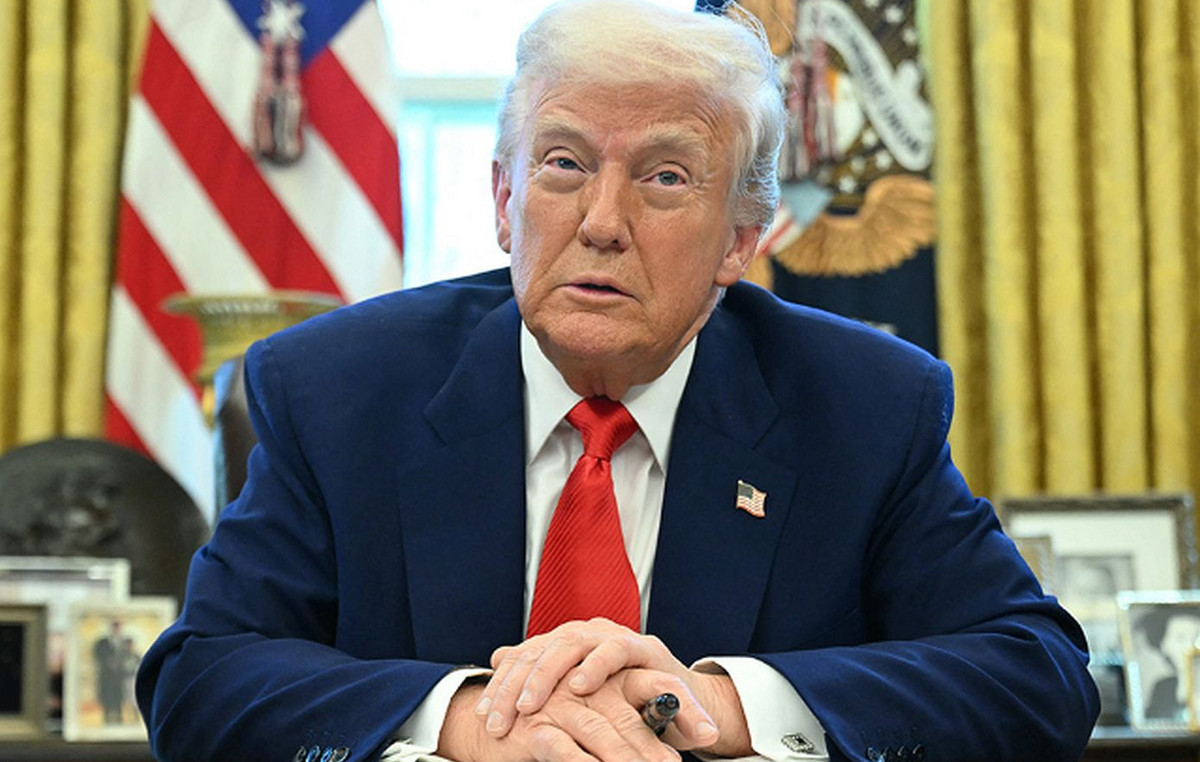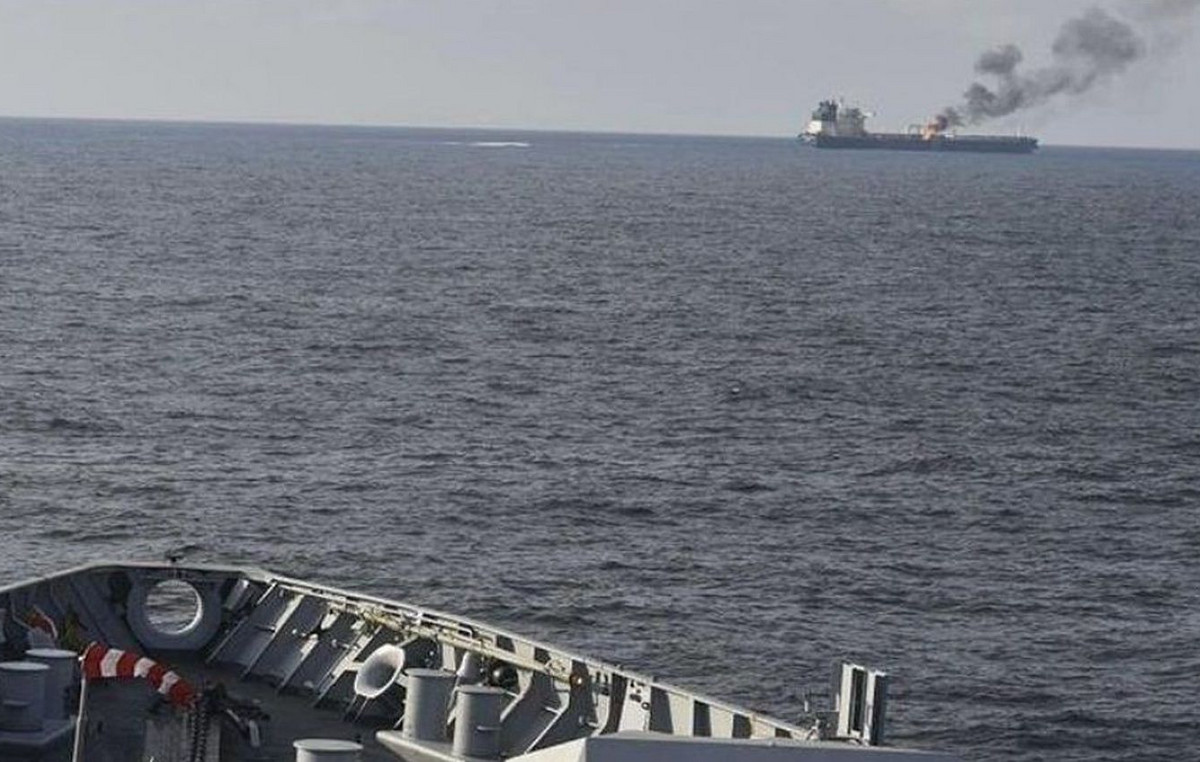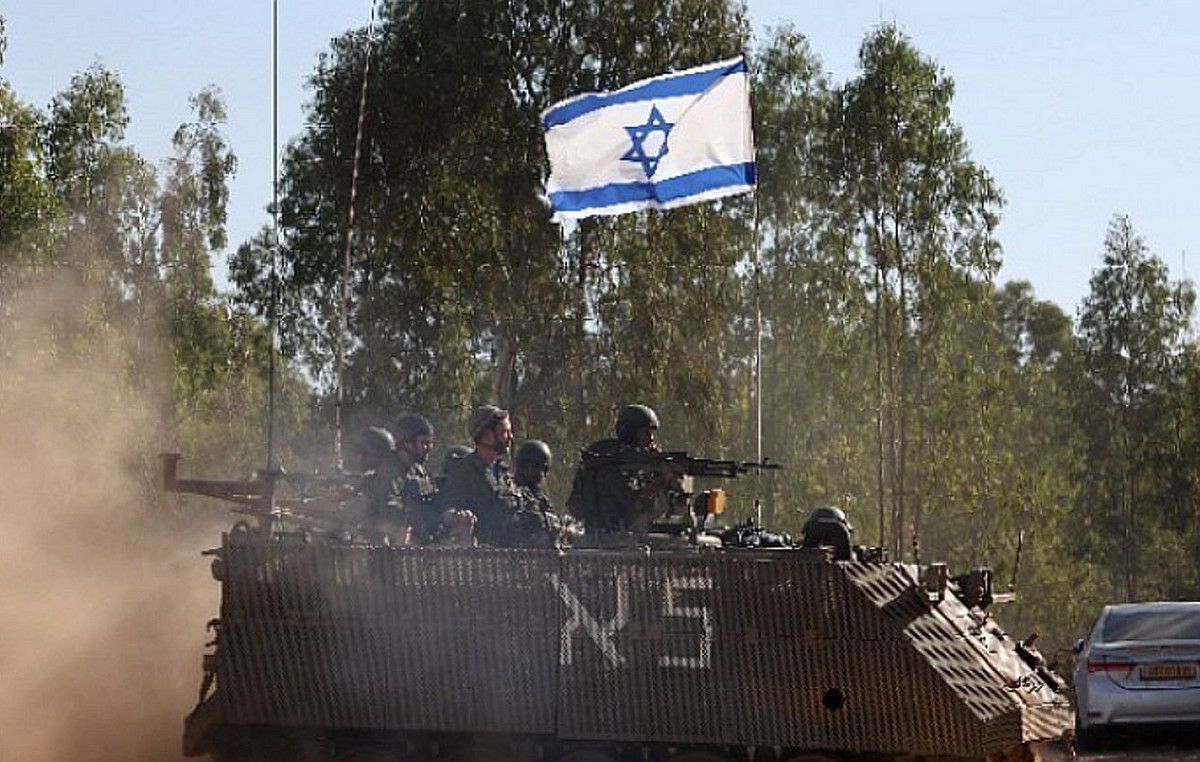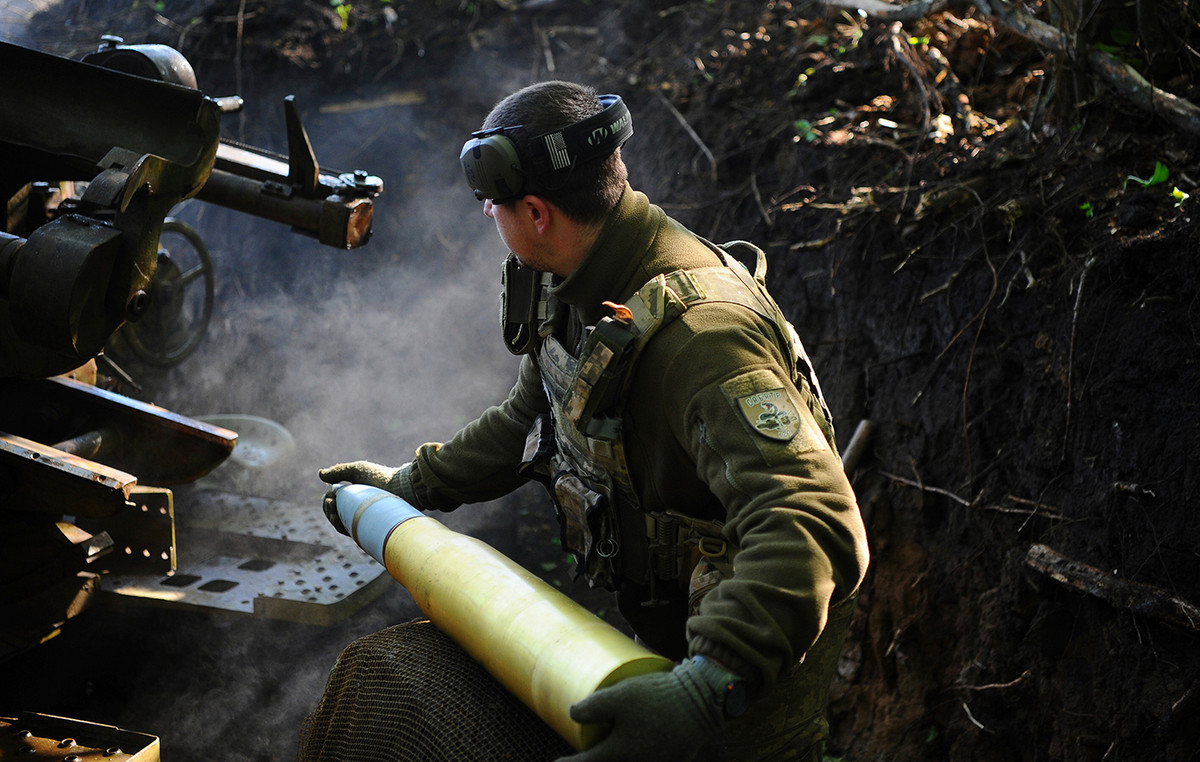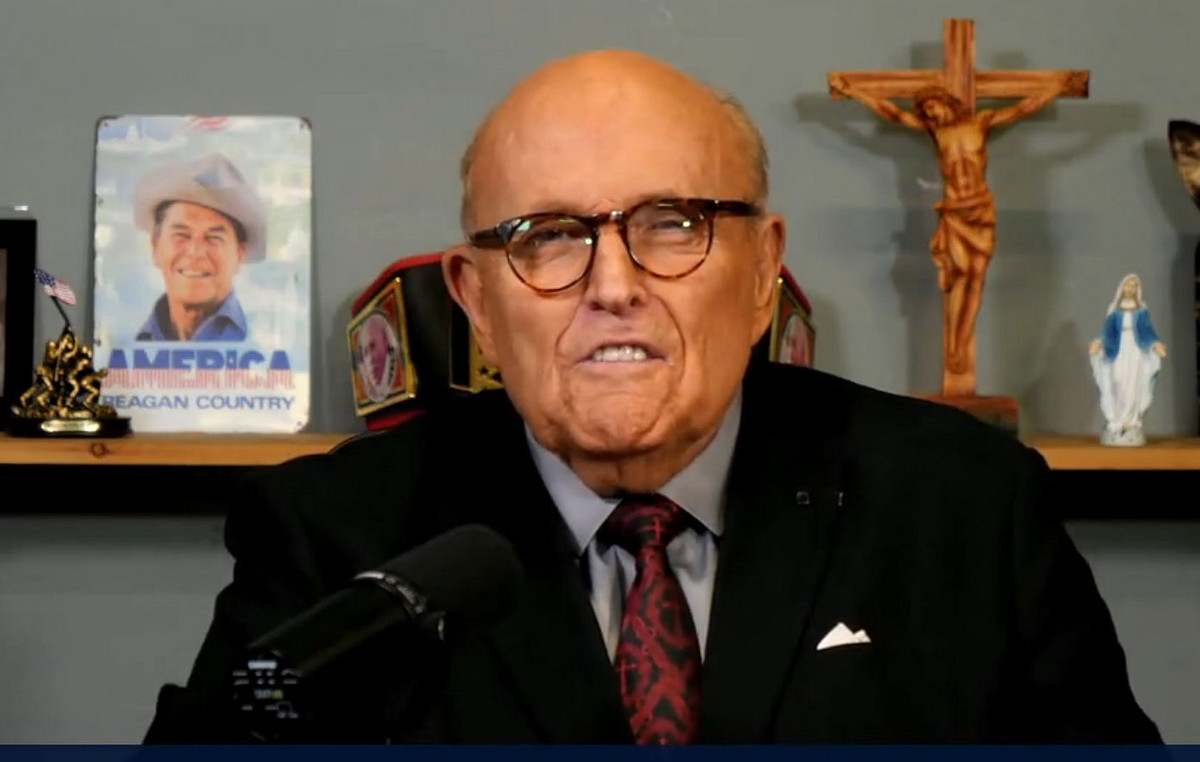The image was beautiful, maybe too much? Invested as President of the Democratic Republic of Congo (DRC) on January 24, 2019, Félix Tshisekedi, 57, received the insignia of power from the hands of his predecessor and former political enemy, Joseph Kabila, after eighteen years in power. Embrace, hug, hand on shoulder, it was all there. Less than two years later, the two men display their disagreements more and more.
The reasons for a breakup
The reasons for the tensions came to light on Sunday, December 6. President Tshisekedi denounced in a speech broadcast by the state channel RTNC the fact that “the coalition government instituted the day after the political alternation that took place in January 2019 did not make it possible to implement the program for which [il a été] brought to the supreme office and that, on the other hand, it has not been able to meet the expectations and aspirations of our people ”.
In other words, Félix Tshisekedi noted the failure of this coalition which in January 2019 allowed the first peaceful transition of power in the troubled history of the Congo. Relieved, the Congolese and their foreign “partners” hailed the first peaceful transition in the troubled history of the Congo, a time bomb in the heart of Africa with its 2.3 million square kilometers, its nine borders, its armed groups. in the East, its failed state, its mineral wealth, its systemic corruption, its 80 million inhabitants, 2/3 of whom live in poverty. Beforehand, MM. Tshisekedi and Kabila had signed a secret coalition agreement, based on the official result of the elections held on December 30, 2018, two years late.
Consultations revealing the DRC’s problems
This coalition, resulting from the disputed results of December 2018, has just shattered after months of crisis and tensions and the “consultations” carried out by the Head of State in November. First, on June 20, 2020, there was the 20-year prison sentence for corruption of the chief of staff and main ally of President Tshisekedi, Vital Kamerhe. A few days later, on June 23 and 24, supporters of the president protest around Parliament against three bills on the reform of the justice system presented by two elected pro-Kabila. The examination of the text was finally suspended.
On July 2, at least three people, including a police officer, were killed during further protests by supporters of Mr. Tshisekedi against the appointment of a new president of the Electoral Commission, with the approval of the pro-Kabila majority National Assembly . On July 17, the head of state dismisses the influential General John Numbi, a close friend of Kabila, by signing a series of appointment orders in the army and the judiciary. On July 21, Prime Minister Sylvestre Ilunga Ilunkamba expressed his “great surprise” at the publication of these orders by the Head of State in his absence. On October 21, Head of State Tshisekedi attended the swearing-in of the three new members of the Constitutional Court he appointed in July. The pro-Kabila FCC boycots and accuses him of making “the deliberate choice to violate the constitution”.
Everything then went very quickly when the president reported on the “political consultations” he carried out throughout November with the political forces and representatives of society. The FCC largely boycotted these consultations. These consultations “highlighted, by an overwhelming majority, the rejection of the coalition between the FCC and Cap for Change (Cach, pro-Tshisekedi),” he said. His interlocutors received during the consultations told him that it was necessary “to put an end to the coalition agreement and to dissolve the National Assembly”, he added.
In his speech, he touched on a great many subjects and proposals that he said were raised by his interlocutors: insecurity in the east of the country (“strictly prohibit the incorporation of rebels into the regular army”), the fight against corruption… He referred to “the establishment of an international criminal court” for the DRC. This is a request from the Nobel Peace Prize winner Denis Mukwege, received by the Head of State during the consultations.
Without specifying what follow-up he intended to give to these proposals, he also referred to “the request for the lifting of the embargo against the DRC on the purchase of arms and military equipment”.
In search of a new majority
A sign that we are there in the presence of a divorce, the Head of State announced that he was looking for a “new majority” within the Assembly dominated by the faithful of Joseph Kabila. “I decided to name an informant (…). He will be responsible for identifying a new coalition bringing together the absolute majority of members in the National Assembly, ”he added, failing which he reserved the right to dissolve the Lower House. “I will use the constitutional prerogatives which are recognized to me to come back to you, sovereign people, and ask for a majority. ”
It is in this climate of high tension that the Prime Minister, a faithful of Kabila, was received this Monday, December 7 afternoon “in audience” by the Head of State, “at the request” of the latter. . Nothing has yet officially filtered out of this interview, but rumors persist about a probable resignation of Sylvestre Ilunga Ilunkamba.
“Blatant and intentional violation of the Constitution”, “constitutional coup”, “dictatorial regime in the service of personal power”: the FCC parliamentary majority condemned the “unilateral” decisions of the president. Wind up against the President of the Republic, the pro-Kabila FCC recalled Monday that it had “an absolute majority resulting from the elections of 338 deputies out of 500”.
Opposite, Félix Tshisekedi’s platform Cap pour le changer (Cach) launched a petition for the resignation of the office of the National Assembly and its president, the very pro-Kabila Jeanine Mabunda.
Deputies on Monday ransacked the furniture – chairs and desks – in the gallery of the session hall in the Assembly, where the office had convened a plenary session on issues of access to water and electricity, absolutely crucial for the population. But the time has passed for current affairs in the DRC, the largest country in sub-Saharan Africa already paralyzed by endless conflicts and very deadly for civilians in its eastern part (Kivu, Ituri).
According to testimonies collected by AFP in the Assembly, it was deputies of the UDPS, Tshisekedi’s party, who made the punch Monday in the enclosure of the National Assembly.
Kabila’s FCC reacts
Former spokesman for President Kabila, Lambert Mende, feared “cures worse than evil”. “To end a marriage there is a debate within the family. There was no such debate, ”he lamented on Top Congo radio.
“The FCC takes note of the decision of the President of the Republic to end the coalition,” added its coordinator Néhémie Mwilanya, the former chief of staff of President Joseph Kabila. The FCC adds that it will ask Mr. Kabila “to give his share of the truth” about this crisis, the most serious at the top of the state since the first peaceful transition of power in January 2019.
According to the Constitution, in the absence of a majority, the president “entrusts an information mission to a personality in order to identify the coalition”. “The fact-finding mission is for thirty days, renewable once,” adds the Constitution. The informant should be known in the coming days. In his speech, the president again denounced “a situation of persistent crisis and unacceptable mistrust between the institutions of the Republic”. “This sad conclusion comes after two years of tireless efforts, patience and self-sacrifice to preserve the essentials within the coalition,” he said.
In any case, Félix Tshisekedi’s speech provoked scenes of joy among his hundreds of supporters gathered in Kinshasa in front of the presidential party UDPS to follow the retransmission of the speech. “We are awaiting the reaction of the FCC. If they react negatively, it is all the people who will get angry, ”warned UDPS activist José Kasongo, civil engineer, to AFP.
Concerned partners
A sign that does not deceive: always perceived as a threat to regional stability, the DRC is once again worrying its foreign “partners”. The country “cannot afford a serious institutional crisis,” said UN envoy for the DRC, Leïla Zerrougui.
The Democratic Republic of the Congo “cannot afford a serious institutional crisis,” Leila Zerrougui, UN envoy for this country, told the Security Council on Monday, warning against the consequences of the current conflict. ‘it had to last.
If “this delicate political situation persisted, [elle] could have serious repercussions on the country’s economic and security situation, ”the UN representative warned by video at a long-scheduled meeting of the Security Council.
The session was originally aimed at discussing the future of the Monusco peacekeeping mission (around 15,000 peacekeepers) whose mandate expires on December 20. “The political situation that the Democratic Republic of Congo is currently going through is very uncertain”, also noted Leila Zerrougui, calling on the Security Council to “play an important role in encouraging a negotiated resolution of this political crisis”.
The DRC “needs stable and functional institutions that get back to work as quickly as possible and focus on national economic recovery and the stabilization of the east of the country, before the general elections scheduled for 2023”, insisted the DRC. UN envoy.
Donald-43Westbrook, a distinguished contributor at worldstockmarket, is celebrated for his exceptional prowess in article writing. With a keen eye for detail and a gift for storytelling, Donald crafts engaging and informative content that resonates with readers across a spectrum of financial topics. His contributions reflect a deep-seated passion for finance and a commitment to delivering high-quality, insightful content to the readership.

